Turmoil and Transition in Boston
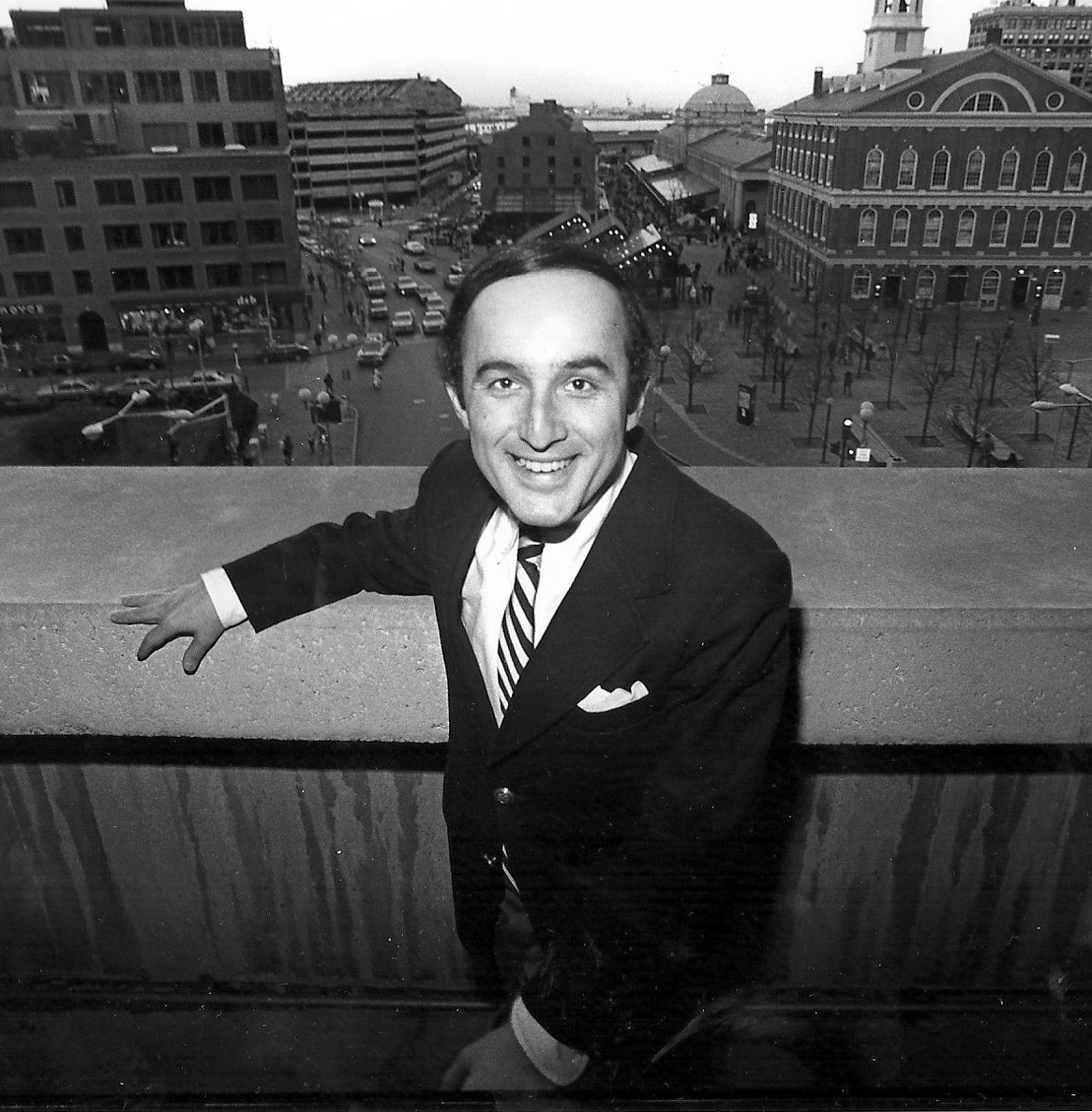
This is a photo of me with Quincy Market as a backdrop. Im very proud of my role in bringing that dramatic change to Boston.
Turmoil and Transition in Boston
A Political Memoir from the Busing Era
Lawrence S. DiCara
With Chris Black
Hamilton Books
A member of
ROWMAN & LITTLEFIELD
Lanham Boulder New York Toronto Plymouth, UK
Copyright 2013 by
Lawrence S. DiCara
Hamilton Books
4501 Forbes Boulevard
Suite 200
Lanham, Maryland 20706
Hamilton Books Acquisitions Department (301) 459-3366
10 Thornbury Road
Plymouth PL6 7PP
United Kingdom
All rights reserved
Printed in the United States of America
British Library Cataloging in Publication Information Available
Library of Congress Control Number: 2013944351
ISBN: 978-0-7618-6182-9 (paperback : alk. paper)
eISBN: 978-0-7618-6183-6
Photo Credits
Walter Bibikow: DiCara in front of Quincy Market, 1980
Mayors Office of Public Service:
DiCara & Michael Dukakis;
DiCara as City Council President;
DiCara with Mayor Kevin White
Jay Callum: Teaching at Boston Latin School
The Soiling of Old Glory, Stanley J. Forman
Stanley J. Formans Pulitzer Prize-winning photograph. Boston, April 5, 1976.
Melissa Garcia: photo of three DiCara daughters on graduation day
 The paper used in this publication meets the minimum
The paper used in this publication meets the minimum
requirements of American National Standard for Information
SciencesPermanence of Paper for Printed Library Materials,
ANSI Z39.48-1992
To Mum and Dad,
who taught me to love Boston
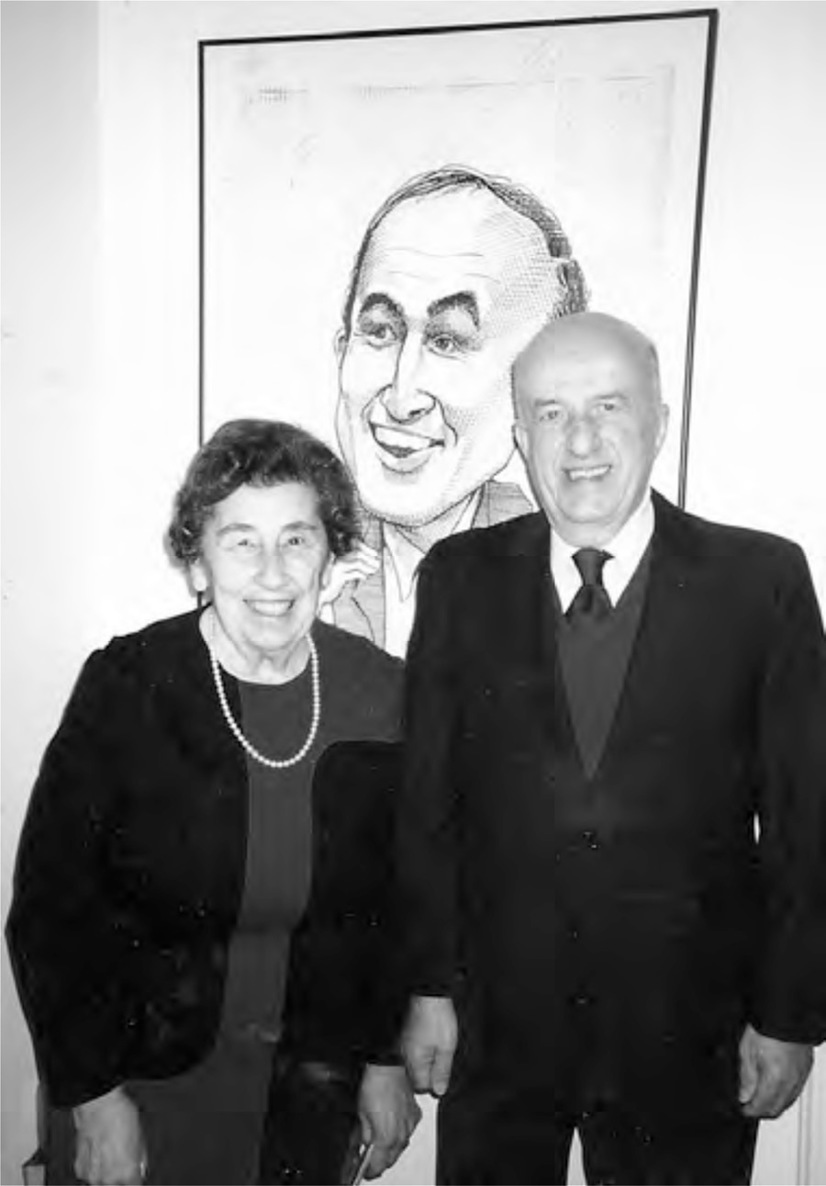
Contents
For time and the world do not stand still. Change is the law of life. And those who look only to the past or the present are certain to miss the future.
President John F. Kennedy (1917-1963)
Address in the Assembly Hall at Paulskirche in Frankfurt.
June 25, 1963
There is an ethnic ballet, slow yet certain, in every big American city that I have reported, which underlies its politics. The ballet is different in each city...
Theodore H. White (1915-1986 Dorchester native)
In Search of History: A Personal Adventure
Introduction
Friends have been encouraging me to write a book for decades. It was Jamie Bush, however, my Republican friend and former student and my insurance agent, who finally convinced me it was time to do it for the sake of my three daughters. Insurance agents have a great deal of credibility when they start musing about how one never knows how long one will be around or what memories children will retain of their parents.
At night, I often sit at my desk at home and do paperwork. Whenever I look up, I see formal photographs taken of my mothers parents, both Sicilian immigrants, around the time they married in Boston in 1911. When my grandparents came to the United States more than 100 years ago, they came because this country was the land of opportunity. Next to them are photographs taken of my parents in cap and gown when each graduated from college. My parents went through college during the worst economic depression in the nations history. Because of their commitment, their hard work and savings, their children went to Harvard, Bowdoin and Simmons. Now my three daughters can look forward to marvelous opportunities that none of us could ever have imagined at their age. I think my parents and grandparents would be so proud.
While nearly 30 years have passed since I last ran for public office, I remember those days vividly, thanks to a good memory. When in doubt, I dug through the boxes of papers, diaries and speeches I saved from that time. Serendipity brought me a collaborator, my old friend, Chris Black, a longtime Boston journalist who spends much of her summer in Marion, Massachusetts, just as I do. Our conversations come easily, because we share so much in common. As we worked, the focus surprisingly shifted from a straightforward look back at my life and political career, to become as much a book about Boston as one about me. It should not have been a total surprise. My history is embedded in the history of my home town. I like to think that in this book, history has prevailed over the narcissism that is endemic to anyone whose name has been on a ballot!
Acknowledgments
Books do not happen by accident. They require the assistance and cooperation of many. In my case, I often use a Dictaphone to put words on paper. That has required the tolerance of my longtime administrative assistant, Patricia Flanagan (we are so close that at one point she lived next door to me on Burroughs Street), as well as Priscilla McDonald, Michelle Westhaver, and Pam DiBella at Nixon Peabody.
Anyone who knows me realizes that I am always full of stories about our three charming and opinionated young daughters. Catherine, Sophie and Flora have heard many of the stories which will fill these pages many times. I suspect they can each tell the tale of the Blizzard of 78 almost verbatim.
A word about my wife, Teresa Spillane: Teresa was an editor long before she was a psychologist. Another author has acknowledged that it is necessary that any introduction refer to thanking spouses and family for putting up with them through the grueling process of writing this book. How very true. Ours has been an evolving relationship, now in the midst of its third decade. I might have been able to write this book had I not been married to Teresa, but I doubt it would have been as incisive or revealing.
I also called upon my brother, Vin; my old friends, Jim Dolan and Pat Landers; as well as Tim Smith, my personal attorney, to review this text. Peter Meade, a longtime friend who is now director of the Boston Redevelopment Authority, and the BRAs talented Director of Research, Alvaro Lima, provided some demographic data which helped to make the case about the remarkable changes that have taken place in Boston in recent years. I always knew that my political fortunes were mirrored in the demographic changes taking place in Boston in the 1970s. My daughter Sophie did the research to show the ward by ward analysis of the votes I received in different elections to demonstrate the correlation between my vote and the changes taking place in the Electorate,as well as other valuable research. It was extremely helpful data and I was particularly delighted that one of my own daughters shares my affinity for raw political data. James Sutherland, a doctoral student at Northeastern University, was also very helpful in assembling data. JoAnne Deitch edited the text and got it ready for publication. She was very patient and supportive. I would also like to thank my partner, Mark Robins, for his legal guidance and thanks to the folks at Hamilton Books for their patience with a rookie. I deeply appreciate all their efforts.
Elected officials frequently do not realize when history is being made or when the old order is giving way to the new. Historians can also miss these seismic shifts, which only become apparent with the passage of time and the perspective of experience and age. I suspect this is true of most of us who lived through the tumultuous era in the history of Boston in the last third of the 20th century.
This book focuses on a time in Bostons history when I was in the room, at the table, in the trenches, present at the creation. You can pick your own phrase. My first election in 1971 and last election in 1983 are bookends to a remarkable transition in Bostons history. As I look back now with far more clarity than I had at the time, I can see that the political leadership and decisions made in that era contributed to the renaissance of a city that was once grouped with Detroit as a city past its prime. That time also saw the acceleration of the demographic trends that led to a more diverse, more affluent, more international Boston in a matter of decades. Change was often wrenching in Boston, but a stronger city emerged out of that pain and turmoil. Change is constant in great cities, and Boston is not an exception to that rule. I hope others can learn from our experiences.

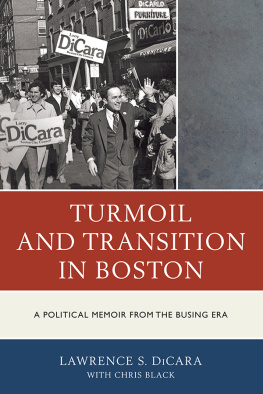


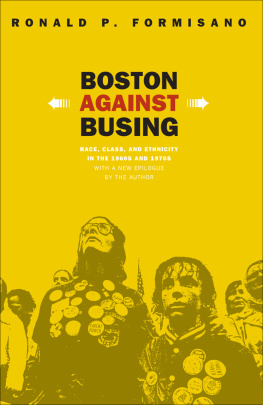
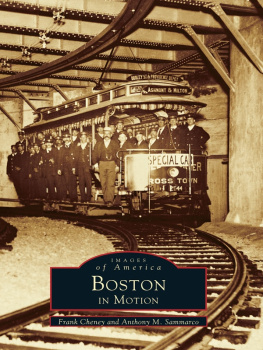

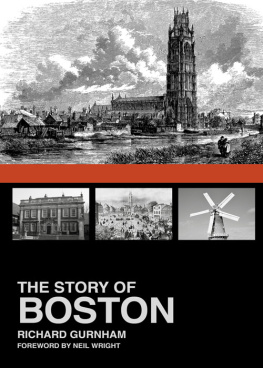

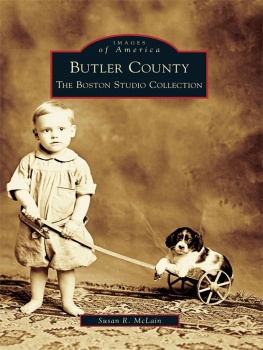

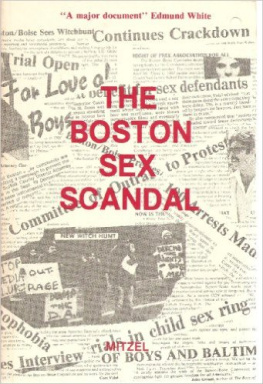

 The paper used in this publication meets the minimum
The paper used in this publication meets the minimum